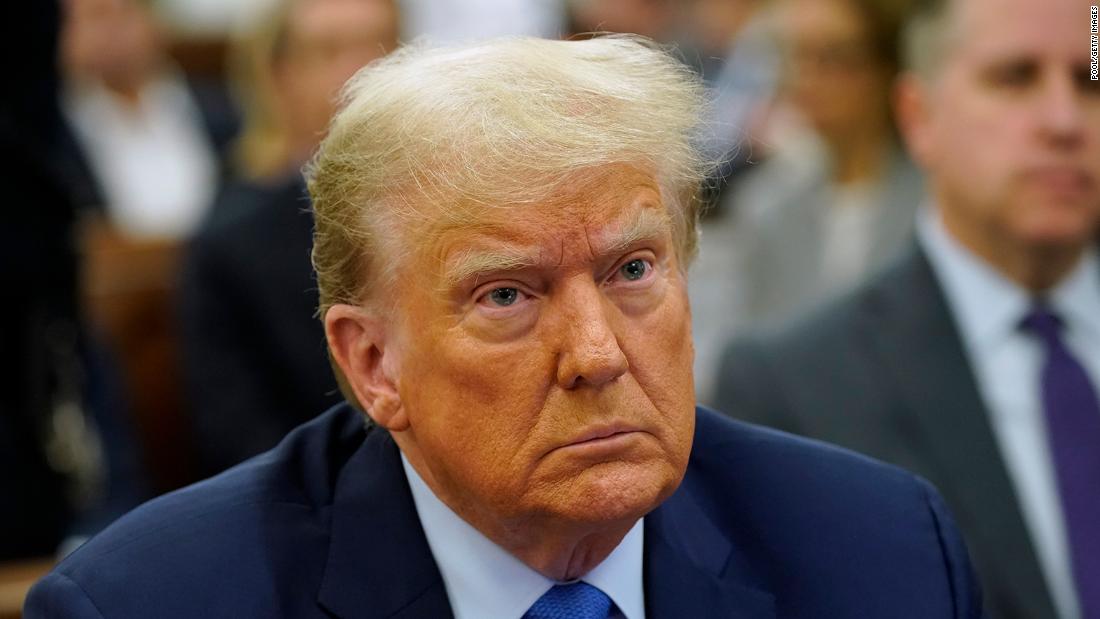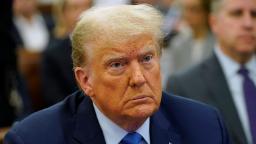

Donald Trump had planned to attend the closing arguments for days, but he added a twist last week when his lawyers told Judge Arthur Engoron that the former president planned to make part of the presentation himself.
That lead to a what became a contentious back-and-forth between Engoron and Trump attorney Chris Kise.
Engoron said that he would allow Trump to speak if he would agree to state on the record that he would limit his subjects to what was permissible in a closing argument, noting there was also a gag order on statements about court officials.
“He may not seek to introduce new evidence. He may not ‘testify.’ He may not comment on irrelevant matters,” Engoron wrote in an email to Kise released as part of the court record on Wednesday. “In particular, and without limitation, he may not deliver a campaign speech, and he may not impugn myself, my staff, plaintiff, plaintiffs staff, or the New York State Court System, none of which is relevant to this case.”
Kise responded that Trump would not agree to such terms.
“He cannot agree (nor would i recommend he do so) to the proposed preconditions and prior restraints,” Kise wrote.
Engoron pushed back in an email Tuesday: “Your and your client’s rejection of the reasonable, normal limits I am imposing on any argument by Mr. Trump, which are the same limits that the law imposes on any person making a closing argument, completely justifies the need to impose them.”
Engoron extended the deadline to agree to the terms more than once — Trump’s attorneys had noted the recent death of Melania Trump’s mother and also wanted to delay the entire court session — and gave Trump’s team a final chance just before noon Wednesday.
“I won’t debate this yet again. Take it or leave it. Now or never. You have until noon, seven minutes from now. I WILL NOT GRANT ANY FURTHER EXTENSIONS,” Engoron wrote.
So how did things end? The deadline was not met. Trump will still be free to speak outside the courtroom on camera, just as he has done whenever he attended the trial.
